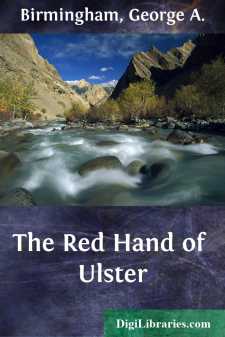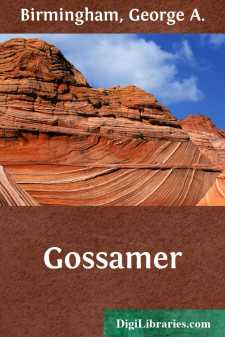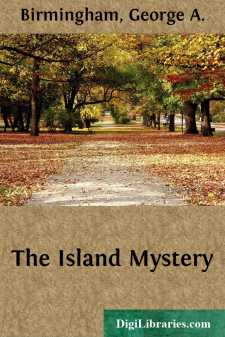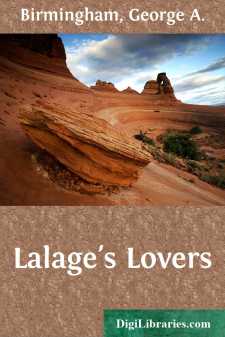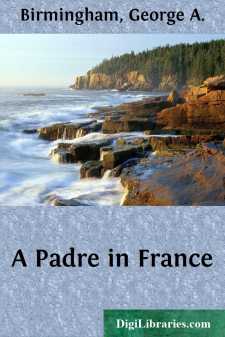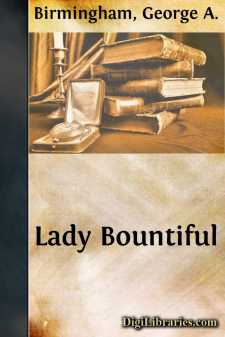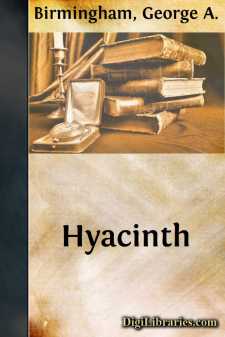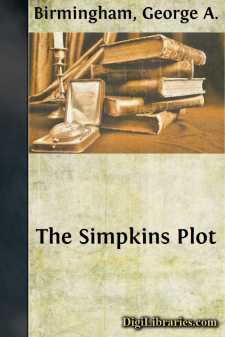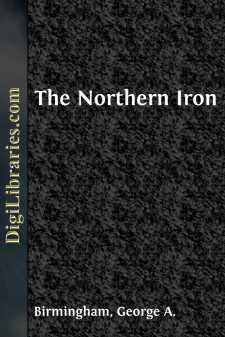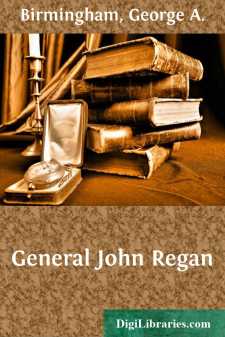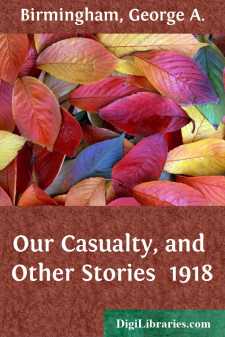Categories
- Antiques & Collectibles 13
- Architecture 36
- Art 48
- Bibles 22
- Biography & Autobiography 813
- Body, Mind & Spirit 142
- Business & Economics 28
- Children's Books 14
- Children's Fiction 11
- Computers 4
- Cooking 94
- Crafts & Hobbies 4
- Drama 346
- Education 46
- Family & Relationships 57
- Fiction 11829
- Games 19
- Gardening 17
- Health & Fitness 34
- History 1377
- House & Home 1
- Humor 147
- Juvenile Fiction 1873
- Juvenile Nonfiction 202
- Language Arts & Disciplines 88
- Law 16
- Literary Collections 686
- Literary Criticism 179
- Mathematics 13
- Medical 41
- Music 40
- Nature 179
- Non-Classifiable 1768
- Performing Arts 7
- Periodicals 1453
- Philosophy 64
- Photography 2
- Poetry 896
- Political Science 203
- Psychology 42
- Reference 154
- Religion 513
- Science 126
- Self-Help 84
- Social Science 81
- Sports & Recreation 34
- Study Aids 3
- Technology & Engineering 59
- Transportation 23
- Travel 463
- True Crime 29
The Red Hand of Ulster
Description:
Excerpt
The events recorded in this chapter and the next did not fall under my own observation. I derived my knowledge of them from various sources, chiefly from conversations with Bob Power, who had, as will appear, first-hand knowledge. In the third chapter I begin my own personal narrative of the events which led up to the final struggle of Ulster against Home Rule and of the struggle itself. Accidents of one kind or another, the accidents of the situation of Kilmore Castle, the accident of Bob Power’s connection with my daughter Marion, the accidents of my social position and personal tastes, have placed me in a position to give a very full account of what actually happened. The first two chapters of this book will therefore be written in the impersonal manner of the ordinary history; I myself occupying the position of unseen spectator. The rest of the book is largely founded upon the diary which I actually kept.
THE RED HAND OF ULSTER
It was in 1908 that Joseph Peterson Conroy burst upon London in the full magnificence of his astounding wealth. English society was, and had been for many years, accustomed to the irruption of millionaires, American or South African. Our aristocracy has learnt to pay these potentates the respect which is their due. Well-born men and women trot along Park Lane in obedience to the hooting calls of motor horns. No one considers himself degraded by grovelling before a plutocrat.
It has been for some time difficult to startle London by a display of mere wealth. Men respect more than ever fortunes which are reckoned in millions, though they have become too common to amaze. But Joseph Peterson Conroy, when he came, excited a great deal of interest. In the first place his income was enormous, larger, it was said, than the income of any other living man. In the next place he spent it very splendidly. There were no entertainments given in London during the years 1909, 1910, and 1911, equal in extravagance to those which Conroy gave. He outdid the “freak dinners” of New York. He invented freak dinners of his own. His horses—animals which he bought at enormous prices—won the great races. His yachts flew the white ensign of the Royal Yacht Squadron. His gifts to fashionable charities were princely. English society fell at his feet and worshipped him. The most exclusive clubs were honoured by his desire of membership. Women whose fathers and husbands bore famous names were proud to boast of his friendship.
It cannot be said that Conroy abused either his position or his opportunities. He had won his great wealth honestly—that is to say without robbing any one except other robbers, and only robbing them in ways permitted by American law. He used what he had won honourably enough. He neither bought the favours of the women who thronged his entertainments; nor degraded, more than was necessary, the men who sought benefits from him. For a time, for nearly four years, he thoroughly enjoyed himself, exulting with boyish delight in his own splendour. Then he began to get restless. The things he did, the people he knew, ceased to interest him. It was early in 1911 that the crisis came; and before the season of that year was over Conroy had disappeared from London. His name still appeared occasionally in the columns which the newspapers devote to fashionable intelligence. But the house in Park Lane—the scene of many magnificent entertainments—was sold. The dinner parties, balls and card parties ceased; and Conroy entered upon what must have been the most exciting period of his life.
Bob Power—no one ever called him Robert—belonged to an old and respected Irish family, being a younger son of General Power of Kilfenora. He was educated at Harrow and afterwards at Trinity College. He was called to the Irish bar and might have achieved in time the comfortable mediocrity of a County Court judgeship if he had not become Conroy’s private secretary....


